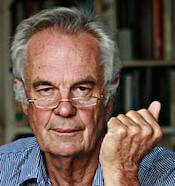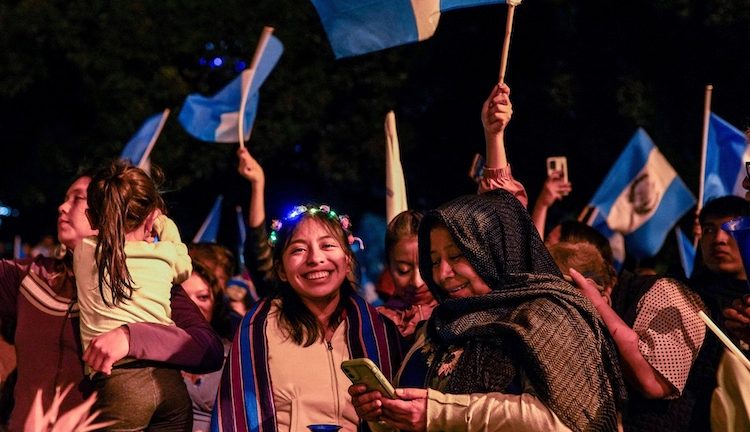By Jonathan Power*
LUND, Sweden | 5 March 2024 (IDN) — In 1991, the Cold War ended and the good times began—the big powers stopped using their veto in the UN Security Council, the number of wars fell dramatically, human rights improved all over the world including in Russia and China, and the number of democracies increased substantially.
Where have all the flowers gone? At the UN, the Security Council’s veto has returned. The number of civil wars has started to rise again. The number of democracies has appeared to have decreased significantly.
Freedom House has a long history of measuring progress on some of the key human rights indicators—democracy, freedom of the press and the courts. It has produced some interesting results in its new 2024 report.
- The scope and scale of deterioration were extensive, affecting 25% of the world’s population. This has been going on over a period of 18 years.
- There were tens of attacks on pluralism—the peaceful coexistence of people with different political ideas, religions or ethnic identities that harmed elections and sowed violence.
- A total of 52 countries suffered declines over the past year, while only 21 improved. The manipulation of elections was among the leading causes of the global erosion in freedom- in Cambodia, Guatemala, Turkey, Zimbabwe, India, Israel, Ukraine and Russia- and in Poland in the years leading up to the recent election when freedom triumphed.
Leaders in Salvador and Venezuela bent the rules to ensure their own victories. Ecuador’s election was marred by widespread violence after years of peace, including the murders of several state officials and political candidates.
- Thailand, unexpectedly to most observers, inched its way upwards, thanks to competitive elections, but a military-drafted constitution allowed unelected forces to distort the government-formation process and subdue the role of the opposition candidates.
In the US the surge in political support for Donald Trump suggests that if elected president again the country will face a grave setback in its freedoms.
Still, all is not quite right with Freedom House’s report. The organization does have flaws. One man’s judgement is another man’s poison, although that is to put it too strongly.
All is not quite right with the 2024 Freedom House report
Nigeria: When I look at its report on Nigeria, a country I have visited a dozen times over 30 years, I think back on my visits and recall that every time I go, I feel astonished by its political progress. It is a beacon of light in a continent that has experienced setbacks in many countries. It’s only 25 years ago that it was ruled by a brutal dictatorship. Under its first elected government freedom of the press and assembly were instantly granted. A strong attack, although falling short of promise made, was made on its embedded corruption. The courts were freed to do their job and steadily improved their quality.
The first election was flawed but since then there have been six consecutive general elections and each time they have become fairer.
The legal system has improved and the government has been challenged in the courts including over the election results when in one result the court in one knife-edged judgment decided there had been a good deal of fraud in the election but that the cheating wouldn’t have altered the results. Newspapers have become more daring in their criticisms.
The deeply embedded culture of corruption continues unabated. Prosecutions on Nigerian soil have imprisoned too few. But Freedom House doesn’t mention the successful conviction of a big-time politician in a UK court, with the evidence supplied by Nigeria. Moreover, the sense of impunity has diminished.
The police have been reformed and its boss was sacked for corruption by President Olusegun Obasanjo. However, they still retain their propensity for violence. Roadblocks to halt drivers until they pay a bribe are common in some parts of the country.
The army is much improved. I have watched it at work in Liberia after the bloody dictator, Charles Taylor, was deposed. It behaved impeccably.
However, at home, its second-tier troops have exhibited brutality, as have the police, when dealing with tribal flare ups and their tracking down of Boko Haram, the extremist Muslim guerrillas in the north.
Nevertheless, I feel positive: if one adds up the population of the countries of the world, rather than the number of individual countries, many of which have small populations, one gains a different picture than the gloomy one painted by Freedom House.
All is by no means lost in the struggle for human rights, legal processes, elections and press freedom.

*Note: For 17 years, Jonathan Power was a foreign affairs columnist for the International Herald Tribune. [IDN-InDepthNews]
Copyright Jonathan Power
Visit: www.jonathanpowerjournalist.com
Image source: Freedom House
IDN is the flagship agency of the Non-profit International Press Syndicate.


